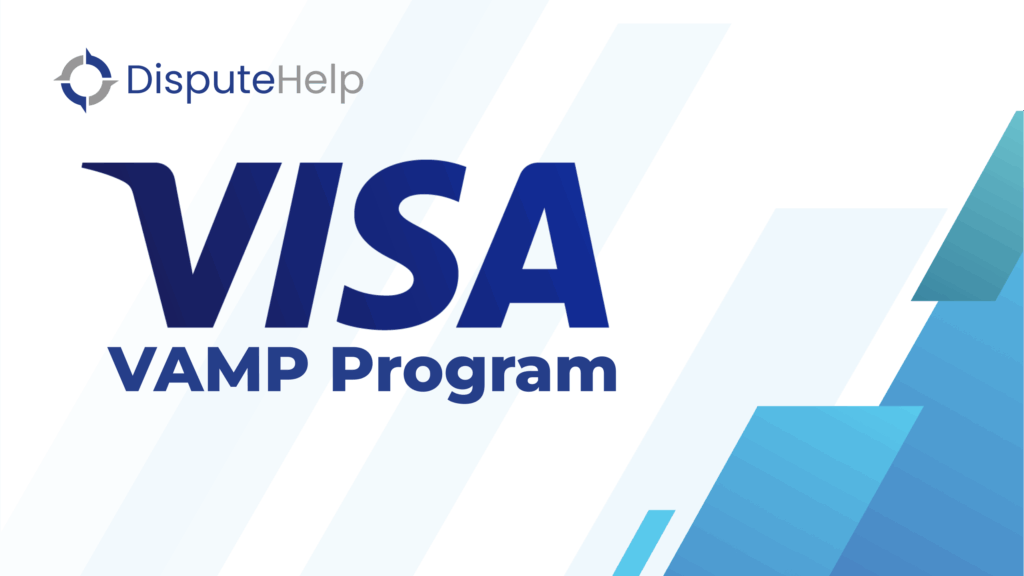Understanding the Merchant of Record Model
A merchant of record is the legal entity responsible for processing payments and handling any resulting disputes. Unlike sub-merchants or payment facilitators, the MoR holds full liability for chargebacks, refunds, and compliance obligations. This role is common in industries that aggregate services.
Because the MoR owns the merchant account, card networks and acquirers look directly to them when thresholds are exceeded. A spike in chargebacks does not only threaten one brand within the portfolio but can jeopardize the entire operation.
Why Chargebacks Impact MoRs Differently
Chargebacks present challenges to every merchant, but the scale and structure of MoR operations raise the stakes. When multiple sub-merchants transact under a single MoR account, chargebacks from any one entity count toward the MoR’s ratios. This creates downstream exposure to network monitoring programs and heightens the risk of penalties or account restrictions.
MoRs also face complexities across jurisdictions. A single portfolio might involve transactions from multiple countries, each with its own consumer protection laws and chargeback timelines. Without careful monitoring, an MoR could find itself liable for disputes it cannot easily contest.
Portfolio-wide exposure also means MoRs must act faster than traditional merchants. An unresolved chargeback does not just harm the sub-merchant’s revenue, it can trigger higher fees or processing limitations for the entire MoR model.
Compliance and Regulatory Pressures
Card networks impose strict thresholds on MoRs that exceed what smaller merchants typically face. Visa’s and Mastercard’s monitoring programs measure dispute ratios monthly, and persistent overages can lead to steep penalties or termination of processing rights. These programs are particularly unforgiving when an MoR has hundreds of sub-merchants contributing to aggregate volume.
Regulatory frameworks add further complexity. Consumer protection laws vary by region, and some jurisdictions grant longer dispute windows than others. MoRs must maintain clear recordkeeping and ensure all sub-merchants follow consistent practices for fulfillment and customer communication.
The compliance burden often increases during growth phases. As an MoR adds new merchants, the challenge is maintaining chargeback prevention standards without slowing onboarding or complicating integration.
Strategies to Reduce MoR Chargeback Risk
Reducing risk for an MoR starts with proactive portfolio management. A single list of preventive measures can go a long way toward stabilizing ratios and protecting relationships with networks and acquirers:
- Implement Real-Time Alerts: Use tools like Ethoca Alerts or Verifi CDRN to resolve disputes before they escalate into chargebacks. These alerts provide an early warning that allows for quick refunds or clarifying communication with customers.
- Adopt Data-Sharing Solutions: Integration with Verifi Order Insight or Ethoca Consumer Clarity provides issuers with detailed transaction data, helping cardholders recognize purchases and avoid filing disputes.
- Automate Representment: Leveraging automated representment through platforms like DisputeHelp RECOVER ensures compelling evidence is submitted promptly, improving win rates and reducing manual effort.
- Standardize Merchant Policies: Align sub-merchants under unified policies for fulfillment, customer communication, and refund handling to minimize preventable disputes across the entire MoR portfolio.
- Monitor Key Ratios Continuously: Track dispute-to-transaction ratios in real time to stay ahead of network thresholds and adjust strategies before penalties occur.
Operational Benefits of Partnering with DisputeHelp
Managing chargebacks at MoR scale requires more than isolated tools. DisputeHelp unifies prevention, alerts, and representment into one platform that MSPs can white-label for their merchant portfolios. This simplifies deployment across multiple merchants and ensures consistent data flows to card networks.
MoRs benefit from real-time visibility into dispute activity and can act quickly to resolve issues before thresholds are breached. By automating repetitive tasks like data collection and refund issuance, DisputeHelp allows teams to focus on higher-value work such as analyzing root causes and improving merchant onboarding practices.
Next Steps
If you manage merchants of record and are concerned about how chargebacks affect your portfolio, now is the time to evaluate your prevention strategy. DisputeHelp offers layered solutions that combine real-time alerts, data-sharing tools, and automated representment. Our platform can help you scale these capabilities across hundreds of sub-merchants without increasing operational overhead. To explore tailored strategies for your specific portfolio, reach out to our team.
Why DisputeHelp?
DisputeHelp specializes in white-label solutions that integrate seamlessly with existing MSP infrastructures. We support all major card networks and offer portfolio-wide visibility, giving you the tools to manage chargebacks efficiently while meeting regulatory standards. By combining prevention, resolution, and recovery under one platform, DisputeHelp helps MSPs reduce risk, protect merchant relationships, and grow revenue in a highly competitive environment.
FAQs: Merchant of Record Chargebacks
What is a merchant of record in payment processing?
A merchant of record is the legal entity responsible for processing payments and managing chargebacks on behalf of sub-merchants. DisputeHelp can help MoRs handle these obligations with automated prevention and representment tools.
How do chargebacks affect merchants of record differently than sub-merchants?
MoRs are liable for all chargebacks across their portfolio, meaning one sub-merchant’s disputes can raise ratios for the entire MoR account. DisputeHelp helps monitor and mitigate this aggregate risk.
What card network programs do MoRs need to watch?
Programs like Visa’s and Mastercard’s monitoring thresholds apply directly to MoRs, often with stricter criteria. Our solutions help you track these metrics in real time.
Can prevention tools like Order Insight or Consumer Clarity benefit MoRs?
Yes, these tools share transaction details with issuers to prevent confusion and reduce disputes before they escalate. DisputeHelp integrates both into a single platform for easy management.
How can MoRs automate chargeback representment?
Automating representment ensures timely responses and consistent evidence submission. DisputeHelp’s RECOVER platform streamlines this process to maximize recovery rates.
Is DisputeHelp suitable for global MoR portfolios?
Yes. DisputeHelp supports multi-jurisdictional compliance and provides the flexibility needed to manage chargebacks across different regulatory environments. Contact us today to discuss the specifics of your challenges and how we may be able to help.



